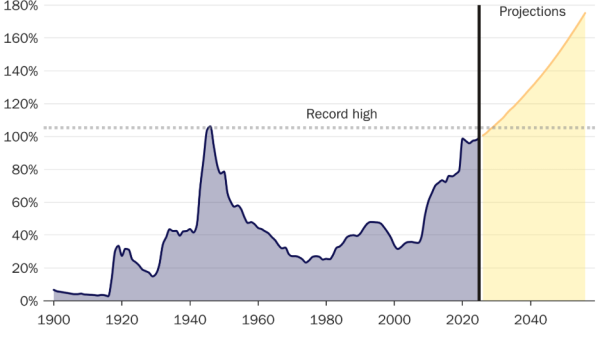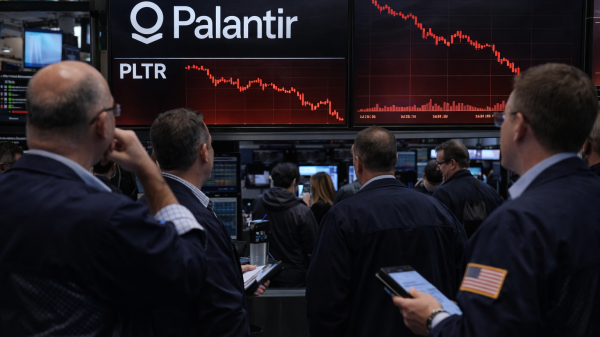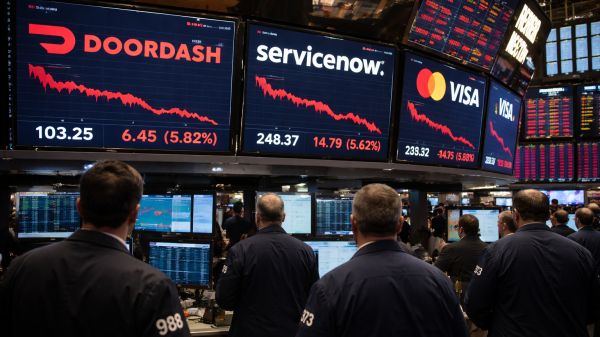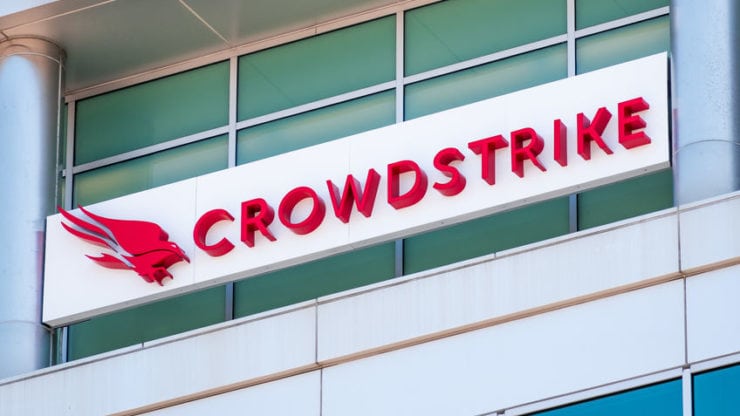In a dramatic turn of events, shareholders of cybersecurity giant CrowdStrike have filed a class-action lawsuit against the company.
The lawsuit alleges that CrowdStrike made “false and misleading” statements about its software testing processes, leading to a catastrophic IT outage that affected over eight million computers worldwide.
This incident has not only raised questions about the company’s software integrity but also led to significant financial repercussions.
Did CrowdStrike executives mislead investors?
Filed in the federal court in Austin, Texas, the lawsuit claims that CrowdStrike executives misled investors by assuring them that the company’s software updates were thoroughly tested.
Central to the complaint are statements made by CEO George Kurtz during a March 5 conference call, where he claimed the firm’s software was “validated, tested, and certified.”
Shareholders are seeking compensation for the substantial financial losses they incurred, pointing to a 32% drop in CrowdStrike’s share price following the incident.
This drop equated to a staggering $25 billion loss in market value.
The proposed class action aims to recover unspecified damages for investors who held shares between November 29 of the previous year and July 29.
CrowdStrike has denied the allegations and stated its intention to vigorously defend itself against the lawsuit.
“We believe this case lacks merit, and we will vigorously defend the company,” said CrowdStrike in a statement.
The outage resulted in $5.4 billion in losses
The faulty software update, which occurred on July 19, led to widespread disruptions across various sectors, including airlines, banks, and hospitals.
According to cloud risk firm Parametrix, the outage resulted in $5.4 billion in direct losses.
The healthcare sector suffered the most, with a $1.9 billion loss, while the banking industry incurred a $1.4 billion loss. Companies in each industry are estimated to have averaged a loss of $43.6 million each.
Delta Air Lines was among the hardest hit, with CEO Ed Bastian reporting a $500 million loss due to grounded flights and passenger compensation.
Spirit Airlines also anticipated a $7.2 million hit to its third-quarter operating income due to the outage, which forced the carrier to cancel 470 flights.
CrowdStrike acknowledged the issue, attributing the crash to a “bug” in a system designed to ensure the proper functionality of software updates.
The company has since stated that the affected computers were restored to normal as of 5 PM local time on July 29, ten days after the initial incident.
In response to the lawsuit, CrowdStrike emphasized its commitment to preventing future incidents by enhancing its software testing and implementing more rigorous checks.
Additionally, Delta Air Lines is reportedly preparing its own legal action against CrowdStrike to seek compensation for the substantial losses it incurred.
This potential lawsuit could further impact CrowdStrike’s reputation and financial stability.
Examples of shareholder activism
CrowdStrike’s legal troubles are part of a broader trend of shareholder activism following corporate mishaps.
Boeing faced a shareholder lawsuit after the door-plug blowout incident in January, with allegations that the company prioritized profit over safety.
Similarly, Tesla was sued by institutional investors for allegedly diverting its AI talent to Elon Musk’s new AI-focused company, xAI.
These examples underscore the growing accountability pressures on corporations from their investors, especially when financial losses and safety issues are at stake.
As CrowdStrike navigates this challenging period, the lawsuit and its implications could have far-reaching effects on the company’s operations and market standing.
With the stakes high, both for the company and its shareholders, the outcome of this legal battle will be closely watched by industry analysts and investors alike.
The post CrowdStrike faces shareholder lawsuit over massive IT outage appeared first on Invezz


























